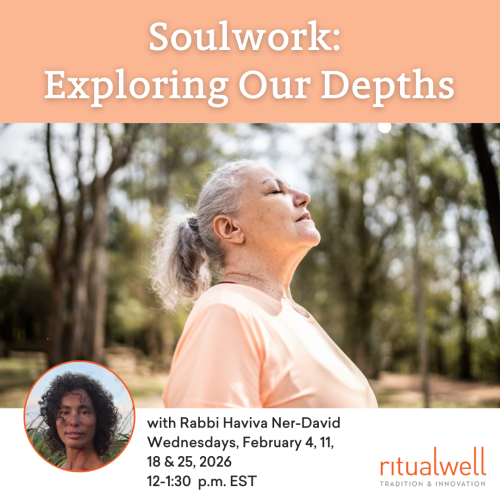At the end of Shabbat, after saying the havdalah blessings, it is traditional to sing Eliyahu HaNavi, hoping for and dreaming of the day when Elijah will come and usher in the messianic age. We imagine that at this time Shabbat will not end and redemption will come, bimheirah b’yameinu, quickly and in our days. Once a month, at Mishkan Shalom in Philadelphia, a small group gathers for a program that starts with dinner and ends with havdalah. Mitzvah Menshes was designed as a monthly opportunity for young adults with disabilities to come together on a Saturday evening, but it is not a social skills group or a class. We are a community and I am so lucky to be the rabbi and coordinator. We make dinner together, some of us carefully cutting vegetables for a salad, while others work hard to set the table. Over three years, we have celebrated graduations, new jobs, a new baby, an engagement, and a new house. And when we sit down together at havdalah, for a moment, I can believe that redemption will really come, and that this community might be where it starts.
In the eight years that I have been working with people with disabilities in our Jewish communities, I have seen a great deal of progress. There is still much to do to make our synagogues physically accessible, to design our programs to be welcoming for everybody, and to ensure that the spiritual needs of people with physical, cognitive, intellectual, and mental disabilities are met. But the work is underway. We are able to have big conversations, like Ritualwell’s #ReimagineDisability Twitter chat and blog series. There are some programs that educate clergy, teachers, and lay leaders. We are slowly becoming more aware of and more open to the gifts that each individual can bring. On our #ReimagineDisability Twitter chat, we shared a hope that someday we will not need to be having these conversations. I don’t want people with disabilities to disappear or for their differences to be ignored. I do want to be a part of a community that values and provides opportunities for each person in a natural and organic way.
For now, though, we have communities with inclusion committees, advocates, and leaders who are just beginning to learn about disabilities; we also have communities where people with disabilities and their families struggle to find their places. I often wonder about my role in these conversations and in groups like Mitzvah Menshes. As somebody who does not have a disability, I do not want to speak on behalf of people with disabilities. I don’t have the experience of an autistic person, or even of a parent struggling to create opportunities for her child. I often consider myself to be a guest in these communities. I am honored when I am invited into these exclusive parties, whether I am invited in to share my skills or just to listen.
Though I may view myself as a guest and an outsider, I hope that I am also more than that. I hope that I can also be an ally, an advocate, and a witness. When I join these conversations, it is not only to encourage people with disabilities to join community; it is to speak as somebody who benefits from living in inclusive communities, as somebody who feels that my community is only complete when everybody can participate. Maybe someday Elijah will come to announce that Shabbat will not end. Maybe my part in bringing about that change is working to create communities where everybody joins together and where each individual is valued.
With all of these thoughts, I offer a short prayer to be said by those who, like me, are choosing to take on this work. The chatimah (ending) is a blessing dating back to the 3rd century. Classic rabbinic texts instruct us that this blessing is to be said upon seeing somebody who is noticeably different. The original rules about when to say this blessing can seem challenging and insensitive, but the words themselves are about diversity and not superiority. The prayer below puts this sometimes challenging blessing in a new context.
God of our ancestors, support me as I take on this work of creating and supporting holy communities. May my words and actions help to create an open, inclusive, accessible, and welcoming Jewish world.
Source of Connection, just as You take note of those who call out to You, help me to pay attention to the people in my community with disabilities and to take the time to listen as they communicate their needs, desires, and emotions.
I know that the task is not mine alone. Help me to build partnerships and to remain mindful of my own limitations, and to continue the work even when it is difficult.
Redeemer, may I continue to be a part of communities that value the gifts of each individual and that respect the challenges that each individual faces. Guide me as I work to create space where each unique person feels comfortable and seen, and where differences are seen as a blessing.
ברוך אתה יי, משנה הבריות
Thank you, God, for making Your creations varied.
Rabbi Michelle Greenfield is a 2012 graduate of the Reconstructionist Rabbinical College. She lives in Philadelphia where she does freelance and consulting work as a Jewish educator and chaplain. She is one of the leaders of Celebrations! and Mitzvah Menshes at Mishkan Shalom.






